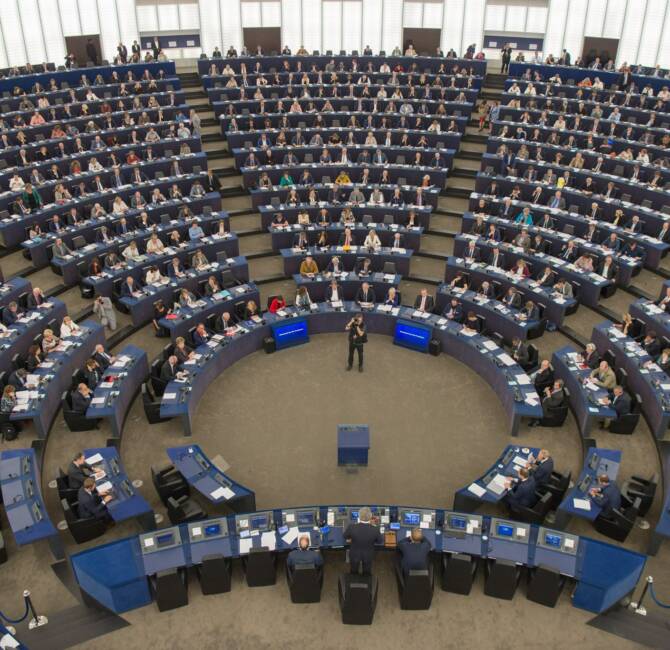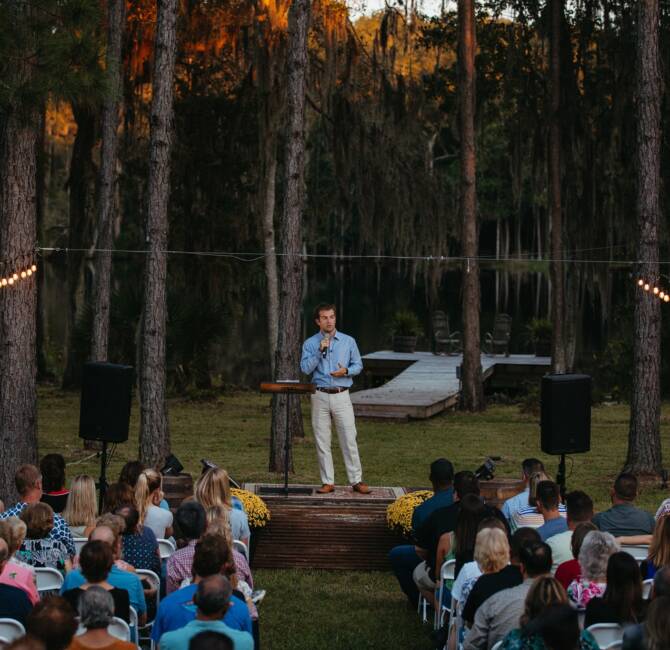This article has been published online by the Magyar Nemzet on March 6, 2021.
Smear campaign report filmed in the Castle District.
Deutsche Welle, a public German international television broadcaster manipulated statements from local civilians on film in its smear campaign against Hungary. DW’s spokesperson claims that they had tried to interview government parties but got no answer. Strangely, they did not mention this in their report.
Funded broadcaster, filmed a video in the Buda Castle packed with ethical slips, where multiple speakers appeared, conveying the television network’s propaganda messages. As we previously reported, the film which took place in the Castle District (Budapest’s 1st District and site of the medieval royal city of Buda), seeks to draw parallels between the present day and the Horthy-era’s persecution of Jews in its final days.
In addition, Tamás Wágner’s statements, who made an appearance in the film, were dubbed in German so that his speech in Hungarian is not understandable. As it turns out, this was probably done on purpose by DW so that they could put words in his mouth – that he never actually uttered. Wágner, a Budapest local and former MTI (Magyar Távirati Iroda – Hungarian News Agency) employee, answered our questions saying that he spoke only of the ongoing construction in the Buda Castle and how difficult this makes any kind of transportation. He also spoke of the fact that there are often roadblocks set up due to the delegations arriving to the government, which also serve to disrupt motor and pedestrian traffic.
Twisted words
In the video however, they imply that Wágner meant much more than what he said by tying his statements to the pro-Gergely-Karácsony (opposition mayor of Budapest, member of the Dialogue for Hungary party) mayor Márta V. Naszályi (mayor of Budapest’s 1st District and member of Dialogue for Hungary party) who spoke right before him; she claimed that locals “share her concerns”. She also mentioned that “the government expropriates land owned by the city” and also it “sends a dangerous social message”, she doesn’t want to see the Castle District in its 1944 condition.
“This was an arbitrary, dictatorial decision by the government, that runs counter to society’s interests” – said Mayor Karácsony’s fellow party member.
The other part of the video also features Tamás Wágner as the former MTI journalist runs into his neighbor, János Marti, in the stairwell of their building. Marti states that “these days you just don’t know what’s going to happen”, and that he and his wife of Jewish descent “could no longer bear to watch their country’s political transformation in recent years” so they will move.
Holocaust syndrome
“If back then, the Jews had known why they were boarding trains, they would’ve refused. My wife does not want to see anything like that happen ever again”, said the man to the reporter. Wágner told our paper, concerning his neighbor’s thoughts, that he was shocked to know of that his acquaintance’s wife could “suffer from post-Holocaust syndrome”. “She really is scared; they took her mother to a concentration camp during World War II. Many first-generation Holocaust survivors suffer from such symptoms, which is understandable due to the shock they experienced.”
– explained Tamás Wágner. He added: the couple has indeed moved away from the Castle District since then. It was also revealed that the German broadcaster previously contacted him to speak in the video – though in the filming, it’s made to look like they randomly chose to ask him about the Castle District. Wágner agreed, but on the condition that he would only be discussing the living conditions and effects of the construction as a local. In answer to our question, he also disclosed that he has no connection to Mayor V Nászalyi. Our paper contacted the 1st District’s Dialogue for Hungary politician in connection with this report, but we received no response from her before the end of the day. When we reached her by phone, she sent us to her communications director because she was busy with her upcoming online office hours. Among other things, we were wondering why she referred to the government’s plans of restoring March 1944 conditions and where she sees evidence of such efforts in official documents or statements.
Neglecting the other side
“Our requests for interviews with [government party] officials were either rejected or not answered“
– said Christoph Jumpelt, spokesman for Deutsche Welle, in answer to Magyar Nemzet’s question of why only opposition politicians – i.e. opinions aligned with the network – were featured in the Budapest report. Jumpelt however did not answer who exactly these politicians were. (In the over 4-minute-long report, there was no mention of any attempts to contact pro-government politicians.)
“This report was created for our international audience, not for one specific target group. This is why it presents the topic so that users with no background knowledge will understand as well. Our report is based on facts and introduces individuals who are well-informed in regard to this [construction] project“
– said Jumpelt, defending his honor and expressing complete incomprehension in response to our presumption that an internal investigation should be launched due to the biased and prearranged nature of the report or submitted for a quality assurance check.
The report in the Castle District set the tone for the DW’s impending (according to press reports) April launch in Hungary– albeit not through the traditional television platform. The spokesman confirmed this: content will be published on YouTube and social media. He did not answer our question whether domestic liberal press forums like 24.hu, Hvg.hu and Telex will be involved, as previously reported; Jumpelt replied that “some Hungarian media companies” are involved but this is still being negotiated.
Meanwhile, the National Media and Infocommunications Authority condemned DW for making another propaganda film about Hungary, crossing all professional and ethical boundaries.
The Buda Castle is continuously being renovated; the Deutsche Welle report sought to draw parallels between this present situation and the Horthy-era.
András Kárpáti –László Szőcs




